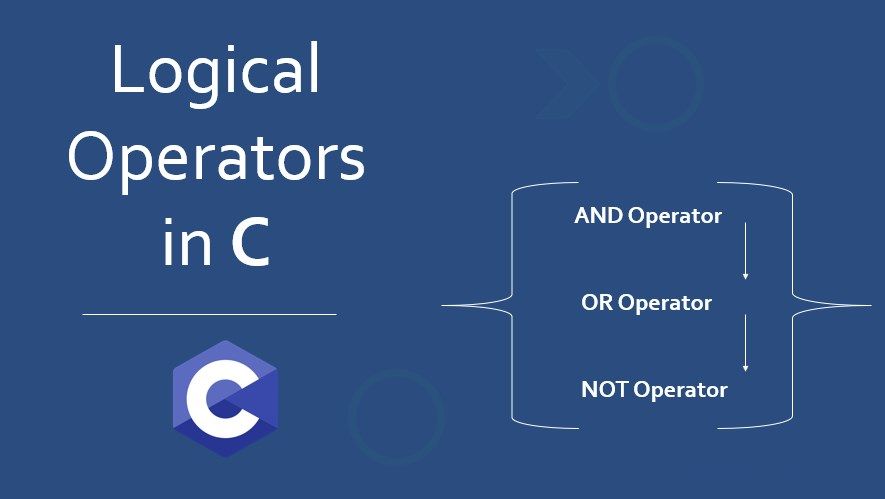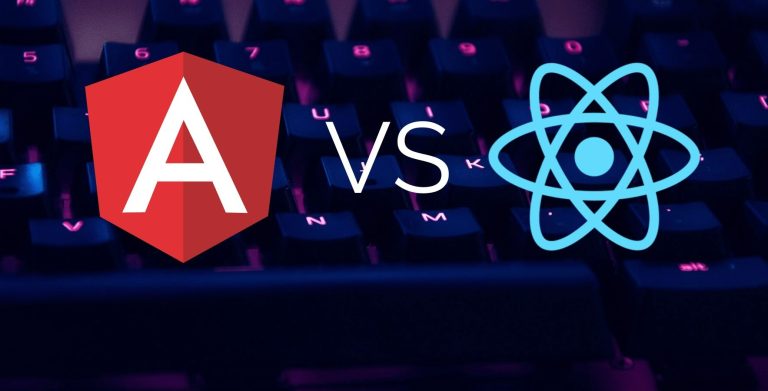Introduction to C Logic Operators
In the world of programming, logic plays a crucial role in decision-making and control flow. C programming language provides a set of logic operators that allow you to combine and manipulate Boolean values. These logic operators enable you to create complex conditions and make your programs more robust and flexible. In this article, we will explore the various logic operators available in C and understand their usage through examples.
Logical AND Operator (&&)
The logical AND operator, denoted by &&, evaluates two Boolean expressions and returns true if both expressions are true. If either of the expressions is false, the result will be false. The logical AND operator can be used to combine multiple conditions and ensure that all conditions are met before executing a certain block of code.
Logical OR Operator (||)
The logical OR operator, represented by ||, evaluates two Boolean expressions and returns true if at least one of the expressions is true. If both expressions are false, the result will be false. The logical OR operator is commonly used to create branching conditions where you want to execute a block of code if any of the conditions is true.
Logical NOT Operator (!)
The logical NOT operator, denoted by !, is a unary operator that negates the value of a Boolean expression. If the expression is true, the NOT operator returns false, and if the expression is false, it returns true. The logical NOT operator is useful when you want to check for the opposite condition of a given expression.
Combining Logic Operators
C allows you to combine logic operators to create complex conditions. By using parentheses and the proper order of evaluation, you can create intricate logic expressions that suit your program’s requirements. For example, you can use the logical AND (&&) and logical OR (||) operators together to create compound conditions.
Short-Circuit Evaluation
One important concept to understand when working with logic operators in C is short-circuit evaluation. Short-circuit evaluation means that if the outcome of an expression can be determined by evaluating only a part of the expression, the remaining part will not be evaluated. This behavior can lead to more efficient and optimized code execution.
Example Code
To better understand the usage of logic operators in C, let’s take a look at some example code:
#include <stdio.h>
int main() {
int age = 25;
int isStudent = 0;
if (age >= 18 && isStudent == 1) {
printf("You are an adult student.\n");
} else if (age >= 18 || isStudent == 1) {
printf("You are either an adult or a student.\n");
} else {
printf("You are neither an adult nor a student.\n");
}
return 0;
}
In this example, we have two variables: age and isStudent. The program uses the logical AND (&&) and logical OR (||) operators to determine the person’s status based on their age and student status. The code demonstrates how logic operators can be used to create conditional statements and perform different actions based on the conditions.
Conclusion
Logic operators are fundamental tools in programming, and understanding their usage is essential for writing efficient and logical code. In C programming, the logical AND (&&), logical OR (||), and logical NOT (!) operators allow you to combine conditions and make decisions based on multiple criteria. By mastering these logic operators, you can create more robust and flexible programs. Keep practicing and experimenting with logic operators to enhance your programming skills. Happy coding!

My name is Mark Stein and I am an author of technical articles at EasyTechh. I do the parsing, writing and publishing of articles on various IT topics.









+ There are no comments
Add yours